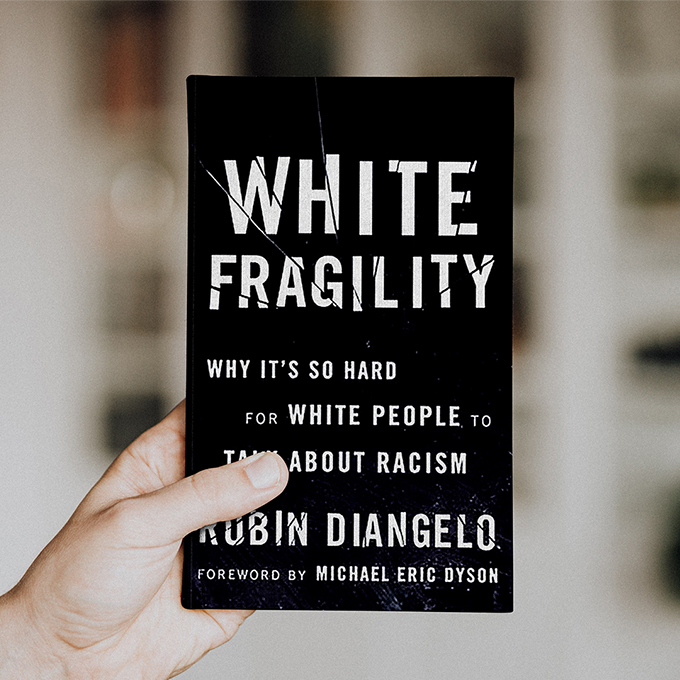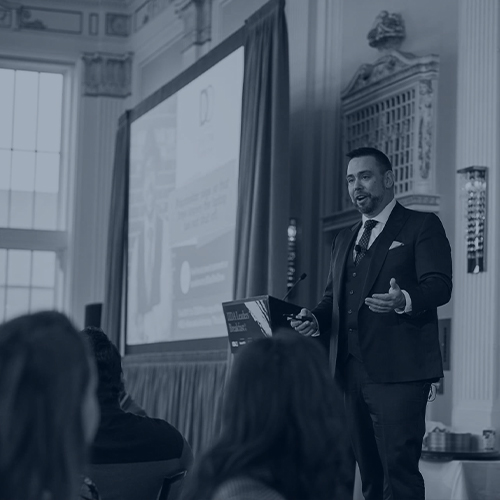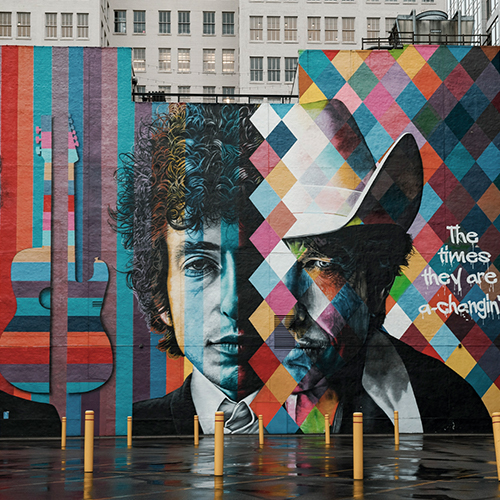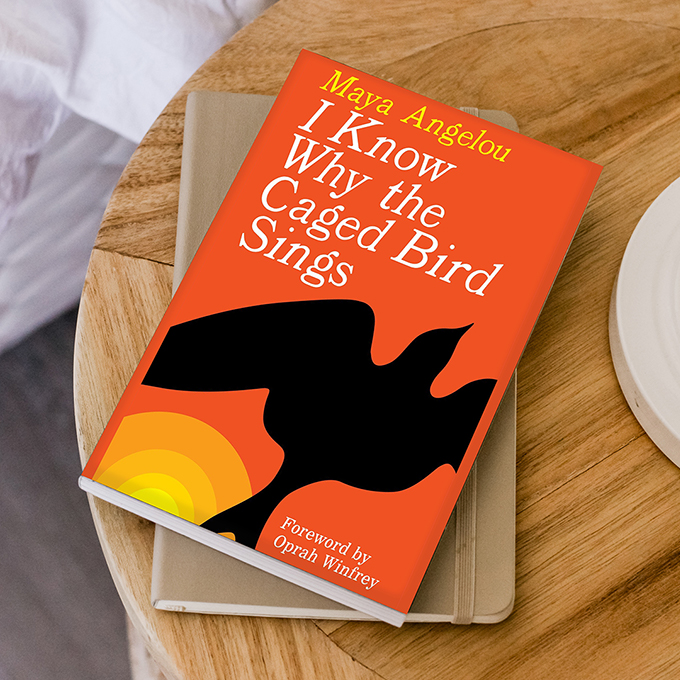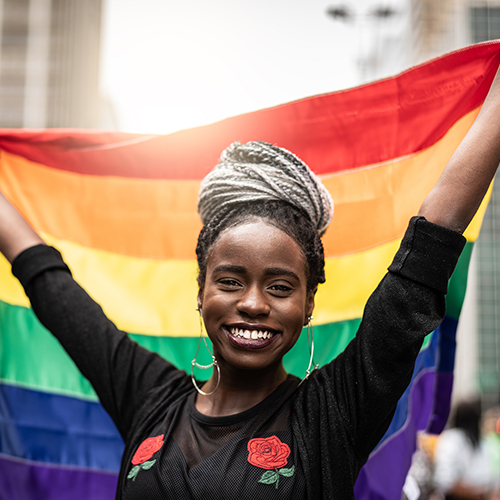Day One Reads – White Fragility
“Racism is a structure. Not an event.”
I wasn’t even a few paragraphs into this book before I realized how desperately I needed to read it: I had simply assumed the author of a book on white fragility was going to be black. I was incredibly disappointed with myself on multiple fronts: I had wanted the next Day One Reads book to be by a black author and it had never occurred to me that a book on racism that appeared at the top of resource lists provided by black scholars, activists, and organizers would be written by someone white. I didn’t know why I made the assumption, but I knew it was an indicator of an unconscious bias that made me, as someone who hopes to be a catalyst for progressive thought, incredibly uncomfortable.
The book helped me come to better understand why I made that assumption. It is a perfect example of a point made by the author: white people have been socialized to see themselves as separate from race, and as such racial issues and dialogue should be primarily dealt with by black people in society. We choose to enter the discussion on race (and she lays out a fascinating list of the “unwritten rules” upon which we insist in order to do that), while those with the lived experience of being black are responsible for engaging with it every day, and therefore we white people often offload the expectation to address it to others.
Once I began though, I couldn’t put it down. This book forced me into more self-reflection than anything I’ve read in a decade, and if they made it mandatory for white students to read it in order to graduate high school, I wouldn’t object. It began by showing me I was a fundamental part of white supremacy and finished by making me feel more committed than ever to try to recognize the structures and assumptions that feed into my privilege.

White Fragility: Why It’s So Hard for White People to Talk About Racism
Title: White Fragility: Why It’s So Hard for White People to Talk About Racism
Category*: Reflective (While certainly highlighting research on the topic, the core of the book is the author’s own work, experiences, and research, rather than a compilation of the work of others)
Author: Robin DiAngelo, PhD.
About the author:
Robin DiAngelo is an academic, lecturer, and author and has been a consultant and trainer on issues of racial and social justice for more than twenty years. She formerly served as a tenured professor of multicultural education at Westfield State University and is currently an Affiliate Associate Professor of Education at the University of Washington in Seattle.
How I found it: It consistently showed up on lists of resources for those looking to better understand the cultural reality of racism and injustice in which the worldwide protests for racial justice have emerged.
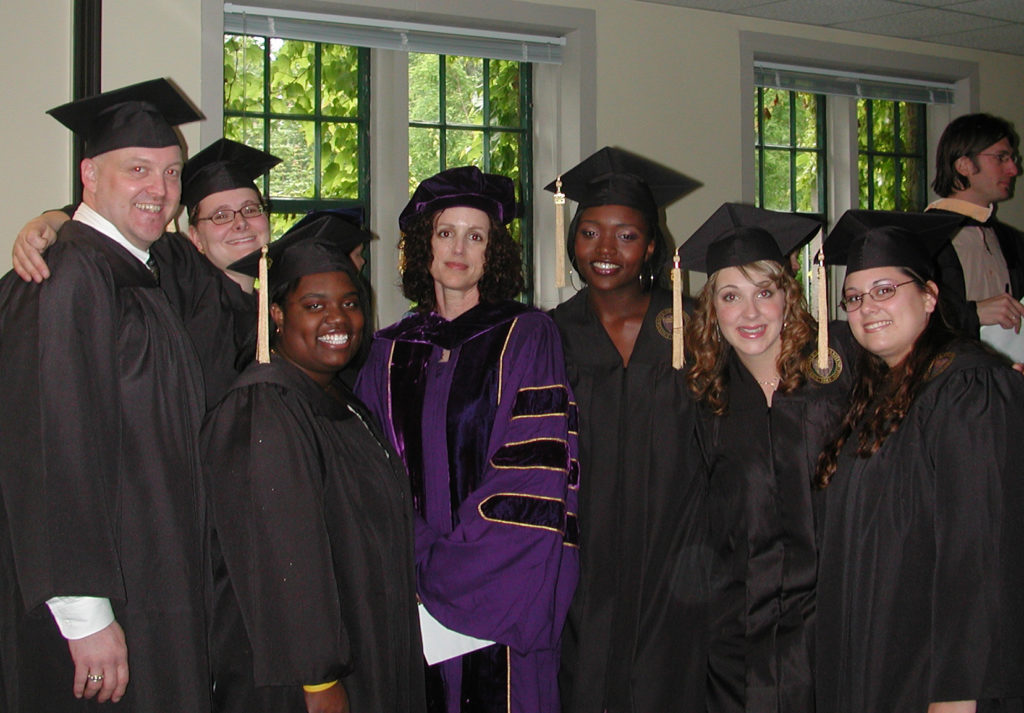
“To put it bluntly, I believe the white collective hates blackness for what it reminds us of: that we are capable and guilty of perpetrating immeasurable harm, and that our gains come through the subjugation of others.”
Book Jacket description:
The New York Times best-selling book exploring the counterproductive reactions white people have when their assumptions about race are challenged, and how these reactions maintain racial inequality.
In this “vital, necessary, and beautiful book” (Michael Eric Dyson), antiracist educator Robin DiAngelo deftly illuminates the phenomenon of white fragility and “allows us to understand racism as a practice not restricted to ‘bad people’ (Claudia Rankine). Referring to the defensive moves that white people make when challenged racially, white fragility is characterized by emotions such as anger, fear, and guilt, and by behaviors including argumentation and silence. These behaviors, in turn, function to reinstate white racial equilibrium and prevent any meaningful cross-racial dialogue. In this in-depth exploration, DiAngelo examines how white fragility develops, how it protects racial inequality, and what we can do to engage more constructively.
Amazon Rating: 4.7 (501 ratings – Canada)/4.7 (613 ratings – US)
Goodreads Rating: 4.22 (8,736 Ratings)
If you’re white, it’s likely that at more than one point in this book you’re going to experience an instinctive discomfort and desire to push back on something the author says…and then the author will explain to you exactly why you’re feeling that way. There is perhaps no better indication of the validity of her arguments than a glance at the one-star reviews on Amazon, which inevitably exhibit exactly the types of responses to any discussion of race she lays out as typical in her book. It is absolutely uncanny, and the reviewers seem to miss the irony.

It is white people’s responsibility to be less fragile; people of colour don’t need to twist themselves into knots trying to navigate us as painlessly as possible.

“Velcro quotes” (ideas that are going to stick with me moving forward):
- “It is white people’s responsibility to be less fragile; people of colour don’t need to twist themselves into knots trying to navigate us as painlessly as possible.”
- “All systems of oppression are adaptive.”
- “When you consider the moral judgement we make about people we deem as racist in our society, the need to deny our own racism, even to ourselves, makes sense. We believe we are superior at a deeply internalized level and act on this belief in the practice of our lives. But we must deny this belief to fit into society and maintain our self-identity as good, moral people. Unfortunately, aversive racism only protects racism because we can’t challenge our racial filters if we can’t consider the possibility that we have them.”
- “To continue reproducing racial inequality, the system only needs white people to be really nice and carry on. Smile at people of colour. Be friendly across race and go to lunch together on occasion. I am not saying you shouldn’t be nice. I suppose it’s better than being mean. But niceness is not courageous. Niceness will not get racism on the table and will not keep it on the table when everyone wants it off. In fact, bringing racism to white people’s attention is often seen as not nice, and being seen as not nice triggers white fragility.”
- “To put it bluntly, I believe the white collective hates blackness for what it reminds us of: that we are capable and guilty of perpetrating immeasurable harm, and that our gains come through the subjugation of others.”
Total Pages: 192
Total “pulled passages”: 127
Page to Pulled Passage Ratio**: 1.5:1
P2P Ranking within category for 2020: #1 of 6
Overall P2P Ranking for 2020: #1 of 16
*I break books into one of three categories in order to better compare apples-to-apples.
- Reflective: Relies on first-person stories or insights
- Biographical: Tells the story of an individual or organization from a third-person perspective
- Research-based: The author(s) collect third-party research to support their discussion of a particular topic.
**As I read, I highlight certain passages/insights that really connect with me. Things that make me think “buying this book was worth it for ideas/information like that.” At the end of the book, I go back and “pull” them from the book and copy them all into a single document. P2P Ratio indicates how many pages on average tend to go by between these particularly powerful insights. This book’s 2.7:1 ratio means I felt there was a passage worth pulling out and writing down every 2.7 pages.

